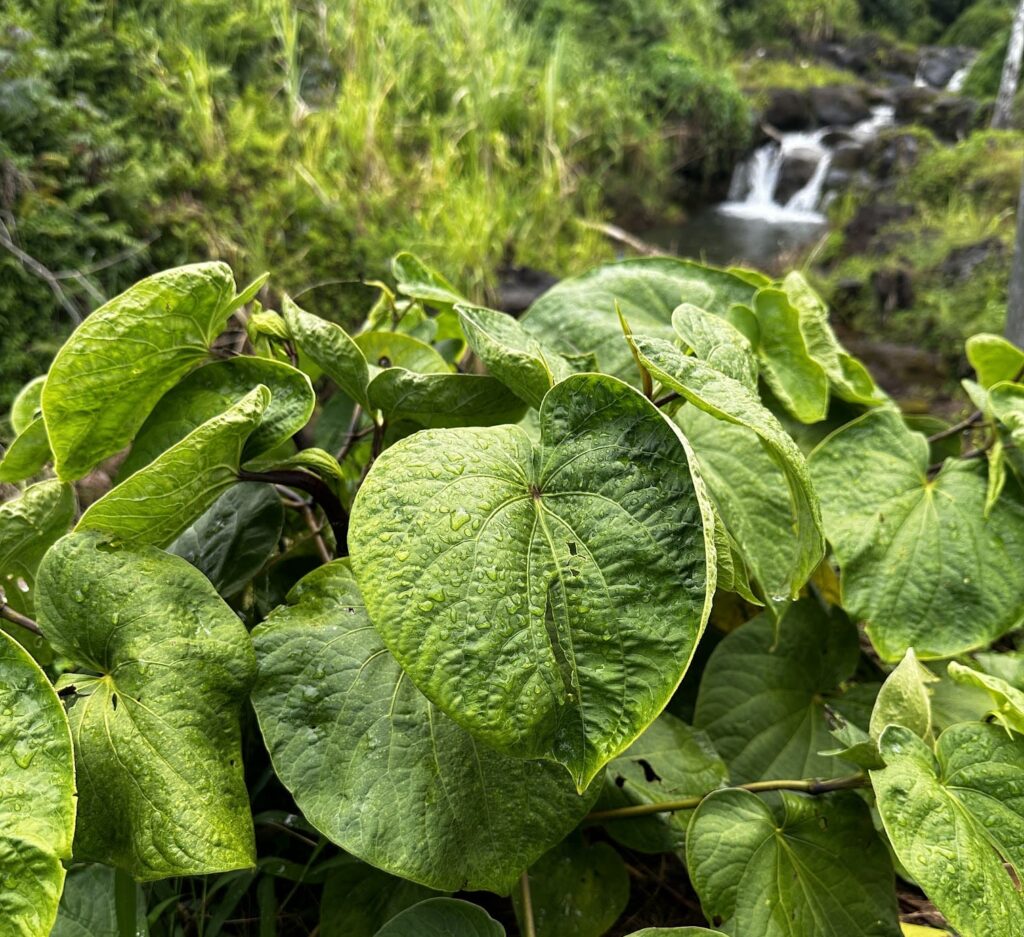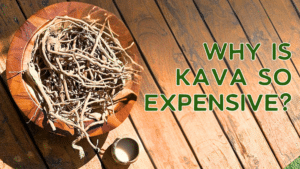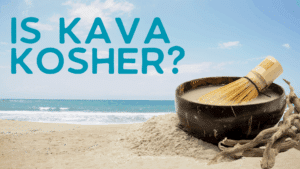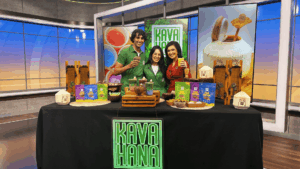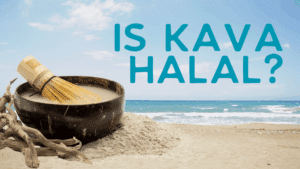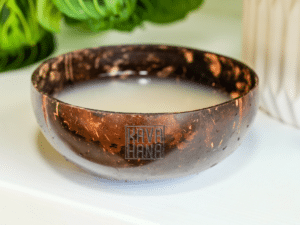This review of Hawaiian plants highlights the benefits of several native medicinal plants, including Kava. Kava, scientifically known as Piper methysticum, comes from the South Pacific and has been used ceremonially and medicinally by Hawaiians for over 3000 years.
While the study discusses various Hawaiian plants like koa, turmeric, hop bush, Indian lilac, and coconut, we’re going to focus on kava. Recent research has found that it has various health benefits, including supporting sleep and managing anxiety.
Kava for anxiety
These days, kava is probably best known for its anxiolytic (anti-anxiety) properties. Many of the benefits are also linked to sleep since a lot of sleepless nights are associated with anxiety and stress.
A clinical study explored a 28-day treatment in patients with different types of related anxiety symptoms. Kava treatment had significant clinical benefits in treating short-term nervous anxiety, tension, and restlessness. The treatment was well tolerated and safe to use.
Kava for sleep
A range of research has investigated how kava can help treat sleep disorders. This article summarizes several studies that have examined this in detail.
A 2019 study found kava was effective in treating anxiety-related sleep disorders. Using a kava extract, an animal model of sleep disturbance was used, and in those who were treated with kava, sleep quality improved significantly compared to a common sleep medication. Kava works by increasing brain activity during non-REM sleep, the phase of deep sleep that helps your brain and body recharge.
Clinical studies have also supported this finding. A 4-week clinical trial gave 61 participants with stress-related insomnia a kava extract for 6-weeks followed by a 2-week break. After that, 19 participants were given valerian, another common herbal sleep aid, for another 6-weeks. Both treatments were beneficial in lowering anxiety to help with sleep quality.
Kava’s synergistic effects with other herbs
Kava can be used alongside other medicinal herbs to enhance its benefits. While kava alone offers many advantages, combining it with other herbs can amplify these effects. However, it’s crucial to be aware of the potential side effects that may arise from using kava with other medications and substances.
Research suggests that passionflower can produce barbiturate-induced sleep. Both herbs work by altering the melatonin pathway, a key hormone in making us feel tired. Both herbs boost GABA, a neurotransmitter in the brain that lowers the activity of certain brain cells to make you feel more relaxed and calm.
Things to keep in mind
Most kava-related research uses extracts and supplements, which aren’t the purest form of kava. While these exciting studies support kava’s benefits, supplements and extracts are highly processed.
Supplements contain additional ingredients like fillers and preservatives to make them shelf-stable. While meant to be neutral and not affect how kava works, these ingredients can interfere with how kava affects your body. They can potentially cause negative side effects, and fillers can lower kava’s effectiveness. Extracts go through an intense multistep process involving using different substances to remove a concentrated form of kava. This kava is then combined with some form of alcohol to create a liquid tincture… kava and alcohol is a big no in the kava world.
Using traditional kava tea is the purest and most effective way to use kava. There are no additives, and it is just combined with water, so it’s the most effective. Products like our Kava Nectar are a great option. If you choose to use this type of kava, just remember these facts. Know that you may have to use more to get the effects you’re looking for, and be aware of side effects.
Link to the original article
Meesakul, P., Shea, T., Wong, S. X., Kuroki, Y., & Cao, S. (2023). Hawaiian Plants with Beneficial Effects on Sleep, Anxiety, and Mood, etc. Pharmaceuticals (Basel, Switzerland), 16(9), 1228. https://doi.org/10.3390/ph16091228
* Please note that the majority of kava research pertains to kava extracts, which often undergo significant processing and may contain additional ingredients and fillers that can influence their efficacy. It is crucial to consider this distinction when reading about kava studies. To draw an analogy, enjoying natural kava as a beverage can be likened to experiencing a freshly brewed cappuccino, whereas kava extracts are akin in functionality to a caffeine pill. Both forms have their unique benefits and can cater to different preferences and needs. While it’s helpful to understand research on kava extracts, please view it critically and remember that natural kava offers a uniquely holistic experience.

